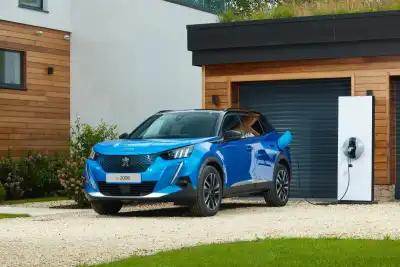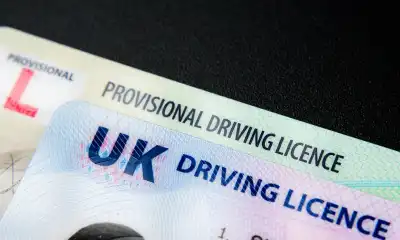
What is an intensive driving course?
It typically takes several months to learn to drive. However, an intensive course compresses your tuition into a much shorter time frame, potentially as little as a week. These courses can be intense and it’s likely you’ll have lessons - sometimes lasting a full day - everyday.
Pros: learn fast
An intensive driving course has its benefits. Primarily, it gives you a chance to get to test standard and pass very quickly. You may also find that it gives you a better chance of passing having spent fewer hours on the road given everything that you learn stays fresh in your mind.
Pros: less long term uncertainty
If you’re the kind of person that likes to know exactly what is happening and get things done as quickly as you can, then the intensive driving course could be the best option for you. Given it all happens quickly, you may find that you stay more relaxed as you don’t really have time to get yourself worked up and panic about what ‘could’ happen.
Cons: demanding
An intensive driving course has cons, too. Primarily, it is demanding and relentless and you could find it’s all a bit too much to take in, ultimately impacting your driving performance. These issues don’t typically exist with regular tuition.
Cons: upfront expense
Intensive driving courses may work out cheaper in the long run but they require upfront bulk payment in the vast majority of cases. Prices vary by provider but an intensive driving course costs around £1000. When you compare that to regular lessons, the average cost per lesson is £24 and the average learner will need around 47 hours before passing their test, meaning it will cost around £1,100 for the average driver to pass their test the traditional way.
Cons: limited opportunities to learn
While learning to drive, it is useful to experience as many conditions as practical. Varying types of tricky weather, for starters. There are specific driving techniques to cope with dazzling sun, torrential rain, and ice. You are unlikely to experience such variation over a short, intense, two week course. You might be better prepared for the road if you learn longer term.
Is an intensive driving course right for you?
Whether an intensive course is right for you depends on your priorities. Decide what is important, then. If you must qualify quickly, an intensive course might suit. If, in contrast, it is more important to spread the cost it might be better to learn long term. Simply consider all the pros and cons and make your decision.




